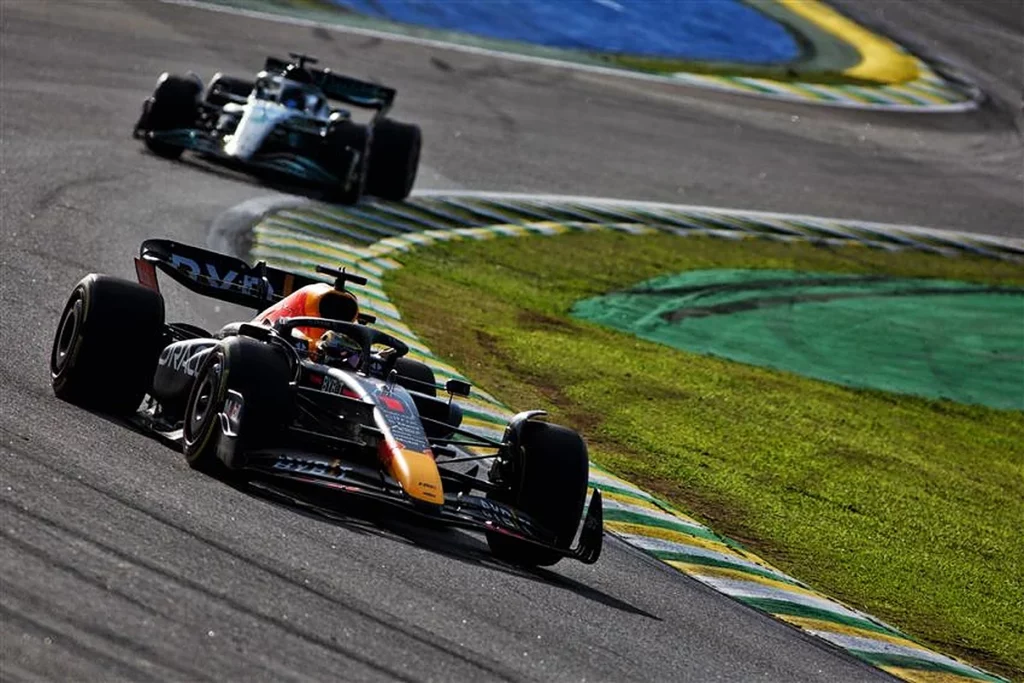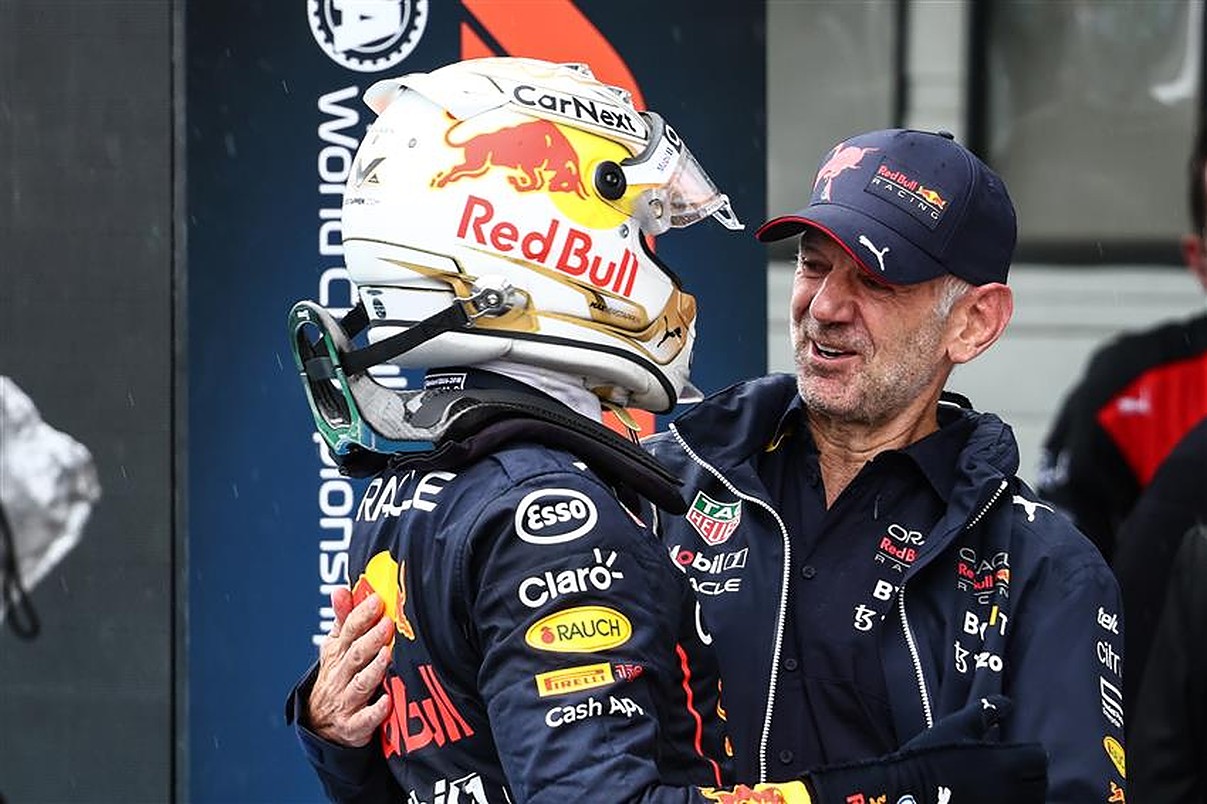Red Bull chief technical officer Adrian Newey has hit out at the FIA for the new aerodynamic regulations that were introduced this season, after stating that the sport’s hierarchy “don’t understand” that what they’ve done isn’t what the “big car manufacturers” want.
2022 saw the start of a new era of Formula 1, with the aerodynamic regulations having been overhauled to ensure that drivers were able to follow one another considerably closer.
Whilst the new regs succeeded in regard to this and in regard to more overtaking, something 2022 did see more of compared to recent years, one massive issue was caused by the rules.
The 2022 cars were extremely heavy, something that Newey has criticised the sport for, given that they’ve followed the direction taken by the automotive industry.

READ: Ex-McLaren engineer claims Fernando should’ve won 2008 title, not Lewis Hamilton
Newey has highlighted the amount of energy needed to “move the damn” F1 cars as an issue, given that the sport is trying to become more sustainable, something the cars currently aren’t supporting in the majority of aspects.
“Our cars have become bigger and heavier and are not particularly efficient from an aerodynamic point of view because they have a lot of resistance,” Newey told Motorsport-Magazin.
“I think it’s a bit of a shame that Formula One has gone down this path, especially because right now there is a need and opportunity to do exactly the opposite.
“It is clear that this wrong direction is the same one that the general car industry has taken recently, bigger and heavier cars and people’s obsession with running on batteries or petrol.
“The biggest problem is the amount of energy needed to move the damn thing, regardless of where that energy comes from. It seems Formula One’s technical regulations don’t understand that, because the big car manufacturers obviously don’t want that.”
Of course, this energy currently comes from the fuel, of which F1 still isn’t using sustainable alternatives.
This is something that’s being introduced from 2026, when the new engine regulations are introduced.
In Newey’s opinion, the sport went in the wrong direction with the new aerodynamic regulations and should’ve instead introduced “small and lighter” cars.
READ: Porsche rue Red Bull ‘handshake’ standing for nothing
“Formula One can and must play a role in that, but there’s all this discussion about where the energy source should come from, electric, biofuel, synthetic fuel, hydrogen,” he added.
“There’s a lot of misinformation floating around on the subject, especially the electrical side. People are starting to realise that the carbon footprint of producing an electric vehicle is much larger than that of a petrol vehicle.
“Some changes in Formula One are also the result of lobbying. I think we need smaller, lighter and more energy efficient cars.”

